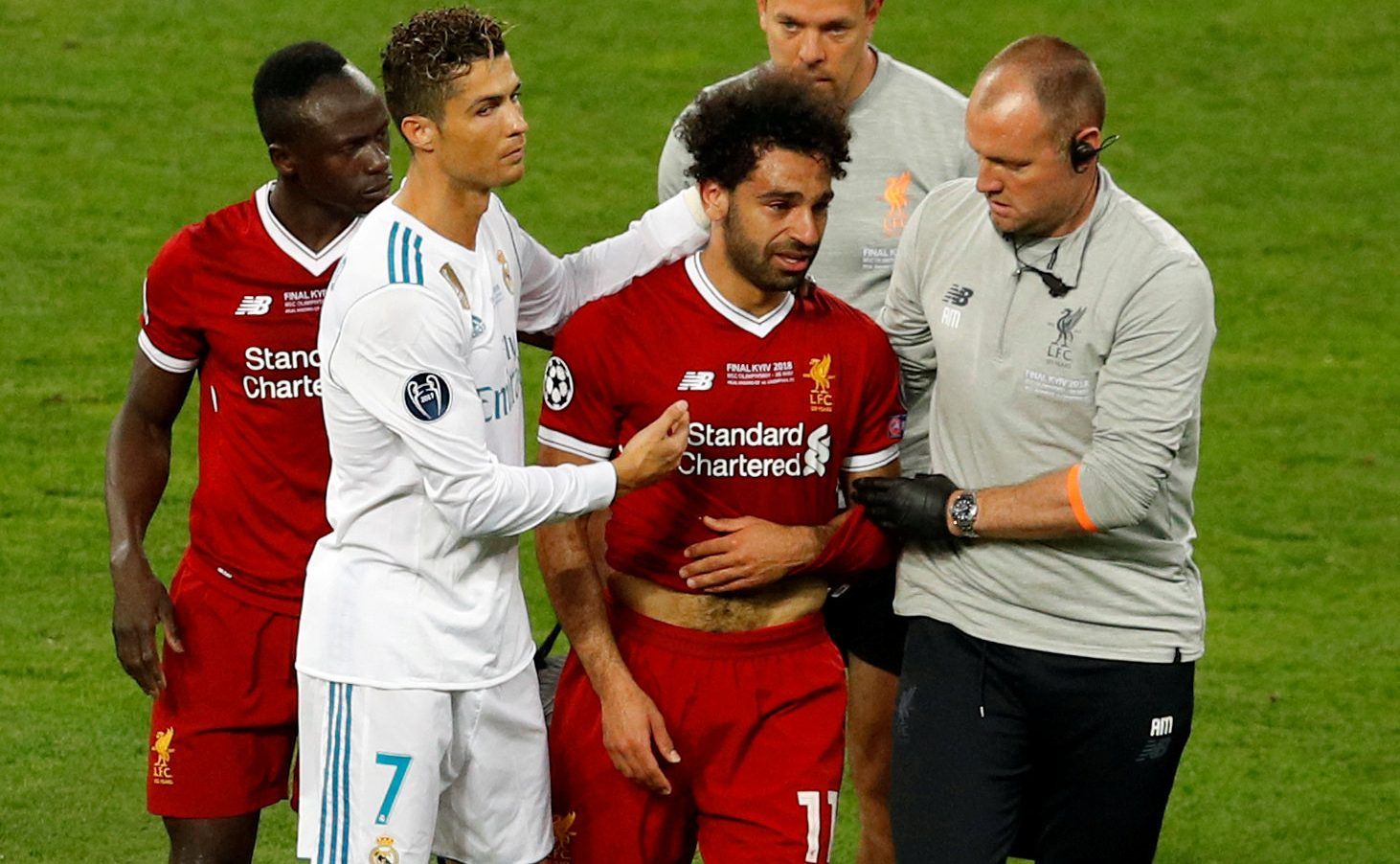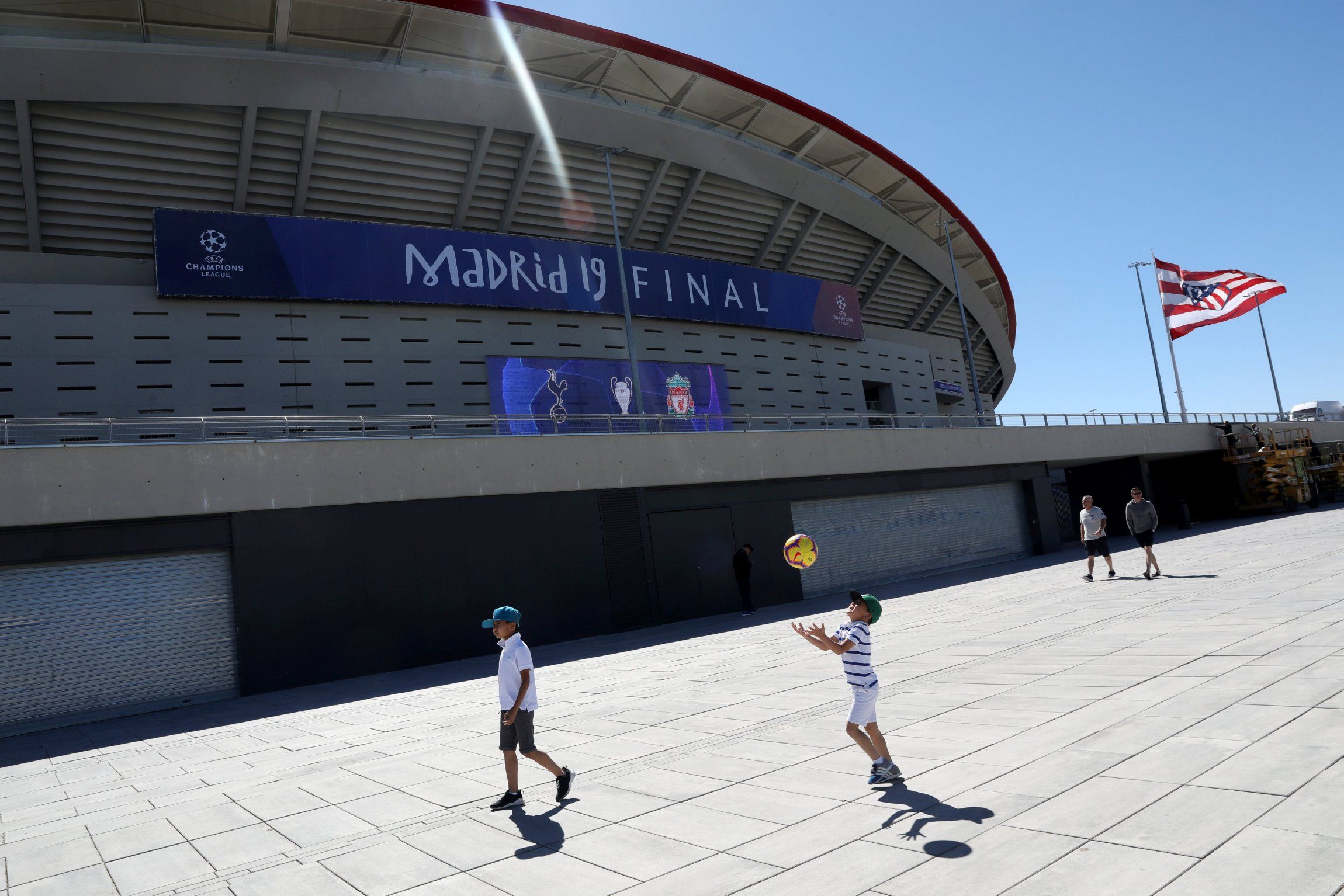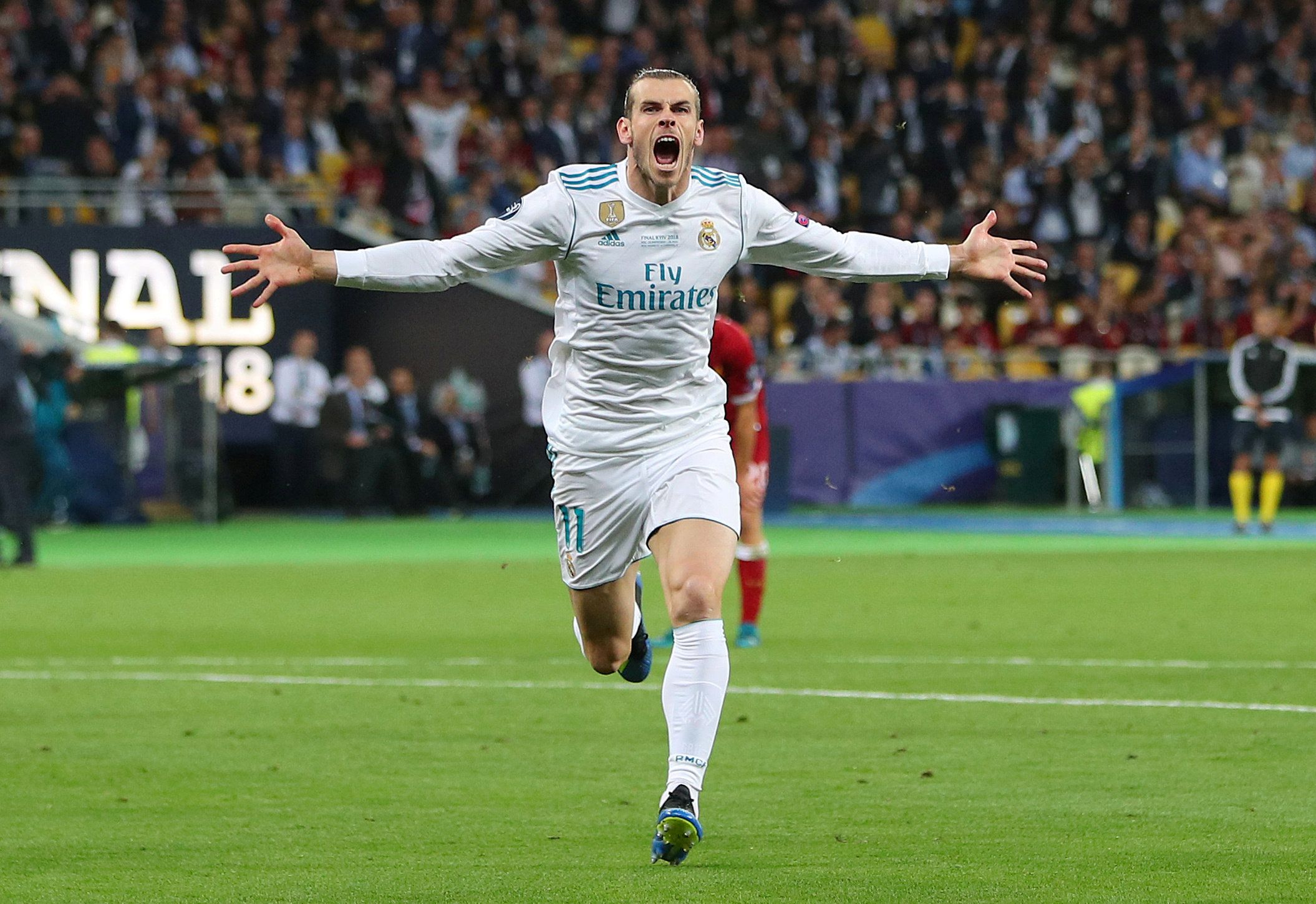[ad_pod ]
It's a stage that isn't an unfamiliar one for a club with such an esteemed European pedigree like Liverpool's.
The Reds have appeared in numerous European finals throughout their rich history, winning five of them to cement themselves amongst the Barcelonas, AC Milans and the Real Madrids of the footballing world.
It was the latter who Jurgen Klopp's men faced in the Champions League final last year, where they had the chance to record a sixth European crown with victory in Kiev.
Has Alisson been Liverpool's most important signing of the season? Check out the video below to find out why Jurgen Klopp thinks so...
Unfortunately, the Merseysiders fell at the last hurdle and lost 3-1 to the Spanish giants, mainly due to Loris Karius making two errors that will unfortunately live with him for the remainder of his days.
The German's mistakes have been well documented, but what else went wrong for Liverpool that day and what do they need to work on to avoid a repeat of a similar outcome?
Firstly, just by taking a look at the WhoScored numbers from the tie, we can see that Klopp's side were battered in terms of possession.
Madrid had 66% of the ball and practically dominated proceedings throughout; Liverpool only really troubled them at set-pieces, which is where they got their goal from in the end.
Of course, Mohamed Salah's early withdrawal through injury killed the game and made it hard to replicate the team's usual tempo, leading to a flat performance.
Zinedine Zidane's men bettered Liverpool in almost every department; the Reds made seven more tackles than Los Blancos, but other than that, they were outfought all over the pitch.
The reigning champions had more corners, won more headers, had more shots, more dribbles, better passing accuracy, and more.
There are a few reasons as to why.
Other than the fact that Los Blancos had won the previous two editions of the competition and were clearly a superior side, other factors went against Liverpool.
As aforesaid, Salah's early withdrawal was pivotal, and meant that Adam Lallana had to come in and replace him, which was never going to work - he had made just 15 first-team appearances that season.
The two are vastly different operators, with the Englishman specifically lacking pace in comparison to the Egyptian which severely affected the Reds' tempo and their ability to hurt Madrid on the break.
And in all, compared to Zinedine Zidane's bench, Liverpool's was extremely weak.
Klopp's bench was as follows:
Simon Mignolet, Ragnar Klavan, Alberto Moreno, Nathaniel Clyne, Dominic Solanke, Emre Can, Adam Lallana.
That simply isn't good enough when your opponents have Gareth Bale and Marco Asensio on theirs.
This year, that isn't that case as Liverpool have strengthened significantly, and will be able to have game changers such as Gini Wijnaldum, Daniel Sturridge, Divock Origi and Xherdan Shaqiri waiting in the wings.
Whilst that aspect has improved, Liverpool must not allow themselves to get burnt out too quickly as they did early on in Kiev, and need to be patient and trust the process.
That has been a hallmark of this season; a far more measured approach from Klopp's side. Now it's a matter of making sure the size of the occasion doesn't lure them into an early burnout.



